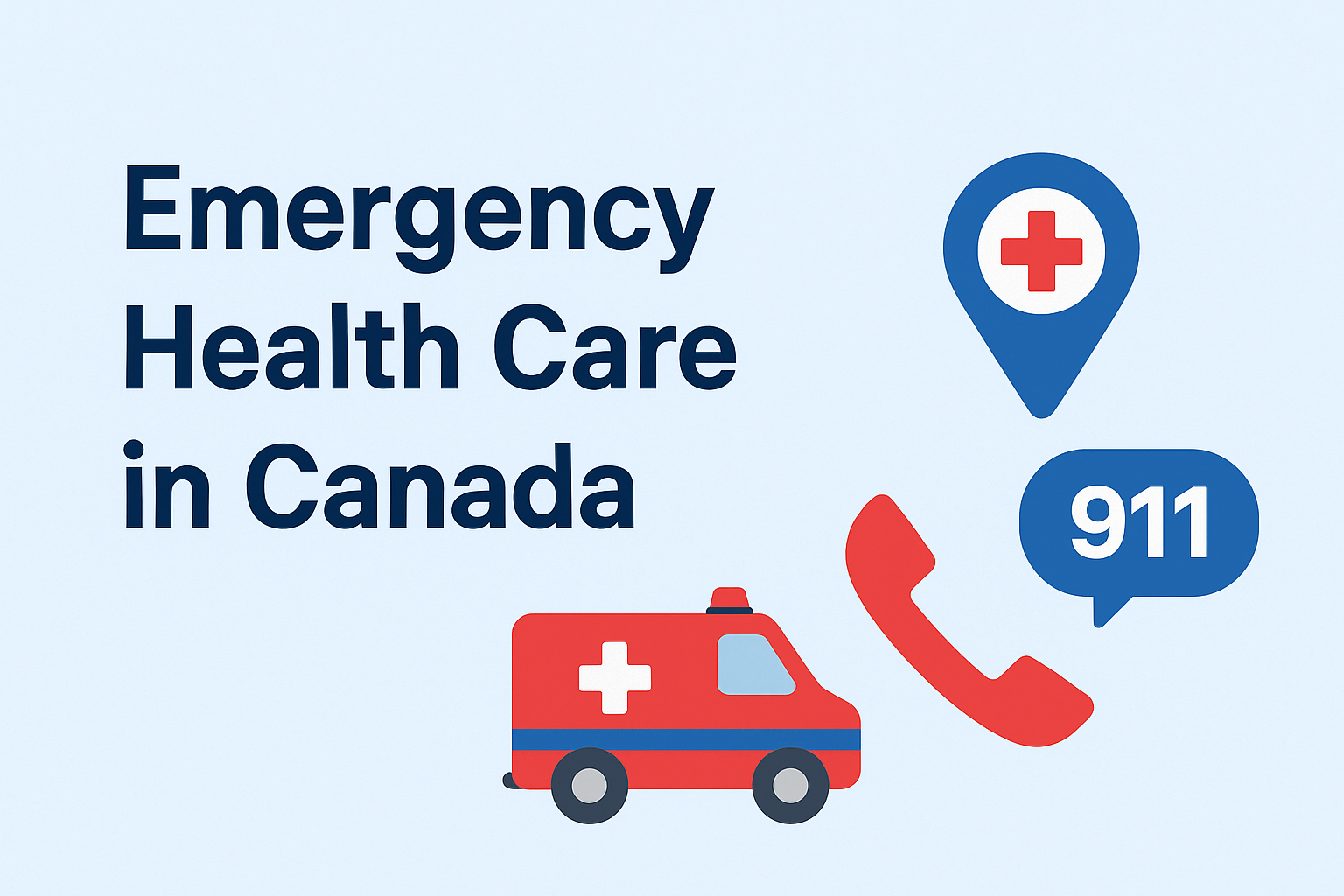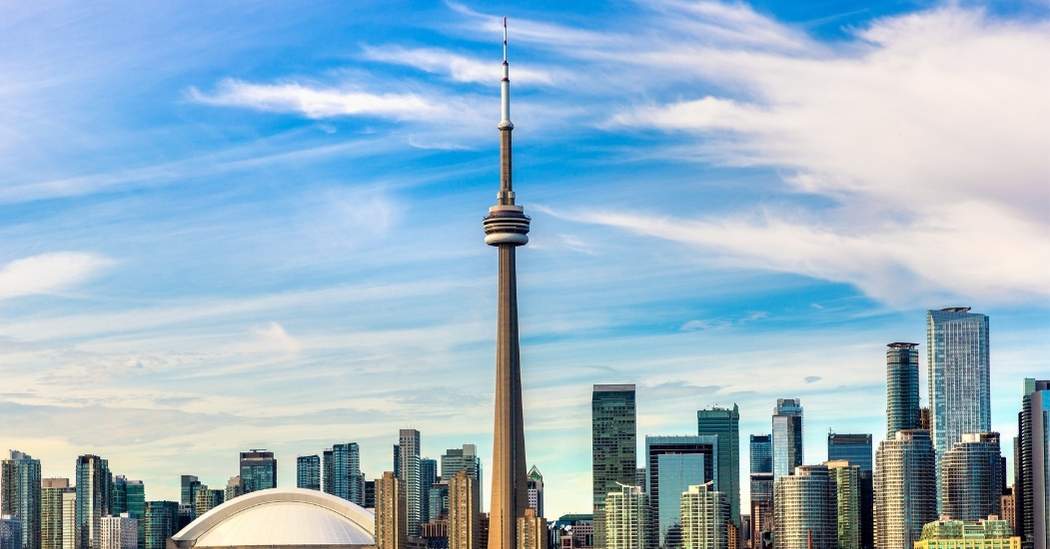Understanding Emergency Healthcare Services in Canada for Visitors and Super Visa Holders

A Guide to Emergency Healthcare Services in Canada for Visitors and Super Visa Holders
Welcoming your parents or relatives to Canada on a Super Visa or a regular visit is a joyous moment. But unexpected health issues can arise anytime. Whether it's a sudden fever, a fall, or a medical emergency, it's important to understand how Canada's emergency healthcare system works for non-residents.
Does Canada Provide Emergency Healthcare to Visitors?
Yes—Canada offers access to emergency medical services for everyone, including tourists and Super Visa holders. However, these services are not free for non-residents. A hospital visit or ambulance ride can cost thousands of dollars without proper insurance coverage.
What Qualifies as a Medical Emergency?
A medical emergency is defined as a sudden and unforeseen condition requiring immediate attention. This includes:
Chest pain or heart attack symptoms
Shortness of breath
Broken bones or major injuries
Unconsciousness or confusion
Severe allergic reactions
In case of an emergency, call 911 or go directly to the nearest hospital emergency department.
How Are Services Accessed?
When a visitor arrives at a hospital:
They will be asked for identification and insurance details.
If covered, their Super Visa insurance or Visitors to Canada insurance will be billed.
If uninsured, the patient will be expected to pay upfront or sign a payment agreement.
Why Insurance Is Crucial
Emergency care in Canada is not subsidized for visitors. Even a short hospital stay can cost $3,000 to $10,000 or more. Having a valid travel insurance policy that meets IRCC Super Visa requirements (minimum $100,000 coverage, valid for 1 year, etc.) is critical.
Most policies, like those from Manulife, 21st Century, and GMS, provide emergency coverage including:
Hospitalization and surgery
Emergency physician services
Prescription drugs
Diagnostic tests like X-rays and MRIs
Repatriation or return of remains
What About Ambulance Services?
Ambulance transportation is not free and can cost between $250 to $800+ depending on the province. Some insurance policies cover this if it's deemed medically necessary and part of an emergency.
Dental Emergencies and Death-Related Costs
Many plans include limited coverage for:
Emergency dental due to accidental injury (e.g., $4,000 limit)
Funeral and repatriation costs (e.g., up to $7,500)
What If the Policy Has Exclusions?
Insurance won’t cover everything. For example, most policies:
Exclude pre-existing medical conditions unless stable
Require pre-authorization for expensive tests
Do not cover elective or follow-up care
Canada is known for world-class healthcare, but that doesn’t mean it’s free for everyone. If your parents or relatives are visiting, be prepared. Super Visa and visitor insurance are more than just formalities—they're essential protection in case life takes an unexpected turn.
Protection with Pyaar – That’s the DaddySafe promise.
Related Articles


